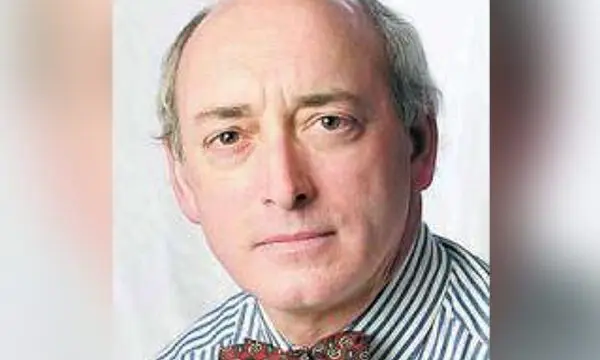Remnants of a Life Well Lived

Story by Joe Pisani
You never know what you’ll find when you sort through the belongings of someone you love who’s died. There are all sorts of curious and strange discoveries, some that console and others that startle, and still others that disappoint.
It’s like walking through a doorway that takes you to a place you’ve never visited before, resurrecting memories that cause laughter and, of course, tears.
It was that way with my father, who died on Christmas Eve 20 years ago. He was a recovering alcoholic, who lived the last 25 years of his life sober. But we won’t talk about the first 50.
I knew sobriety had made him a new man, but I never realized exactly how much he’d changed until I was going through his room in the weeks after his passing. Some things struck me as odd — like the collection of brand new socks in the bottom drawer of his dresser. There were dozens of pairs of socks still in their packaging.
I thought he might have been a hoarder because he demonstrated all the characteristics, until one of my cousins reminded me that he and his eight siblings grew up during the Great Depression on the East Side of Bridgeport — with only a widowed mother to care for them — so they didn’t have socks and had to line their shoes with newspaper.
In later years, those memories prompted him to buy more socks than he could ever wear in one lifetime because he was determined never to go barefoot again.
My exploration led to other curiosities, including a little shrine on his bureau that had a statue of the Blessed Mother and a crucifix, along with a votive candle that was perpetually burning, to the chagrin of my mother because the flickering flame produced a smoke stain on the ceiling. This shrine defined his new life of sobriety, and my father didn’t care at all about the stain.
To appreciate his spiritual transformation, let me share a painful memory of him during the dark days: He would sit in his Barcalounger, watching war movies, while holding a water glass of Canadian Club whiskey in one hand and a 16-ounce can of Budweiser in the other.
But 12 Step programs like Alcoholics Anonymous work miracles. To the day he died, he credited his Higher Power, whom he chose to call God, and the men and women of AA with his sobriety. He’d often say that the program didn’t open the gates of heaven to let him in, but it definitely opened the gates of hell to let him out.
In his last 25 years, the Budweiser and Canadian Club disappeared. In one hand, he held a cup of black coffee and in the other, his prayer book. He took his sobriety seriously, and he knew that meant he had to be serious about his spiritual progress. However, I never realized how serious until the day I was cleaning out his room.
There, beside the votive candle, was a small black book filled with names. When I looked closer, I realized it contained the names of men and women who had passed away. Some of them died from the disease of alcoholism, others had been given the gift of sobriety. There were also dozens of family members and friends from the East Side, along with people I never knew, but who had crossed his path in life … so he prayed for them all every day.
Nestled inside the book was a collection of remembrance cards held together with an elastic band. The cards memorialized the deceased, and he got them at their wakes and funerals. He treasured them and he regularly prayed for those people in the hopeful assurance they would make it to that place we’re all destined to reach when this life ends — that place where there’s no suffering, no addiction and only love, peace and perpetual joy.
I took the prayer cards home and added them to my own collection. Every so often, I take them out, and one by one I’ll pray for the souls of the faithful departed. I’m convinced that when we pray for them, we can be assured they’re also praying for us.
